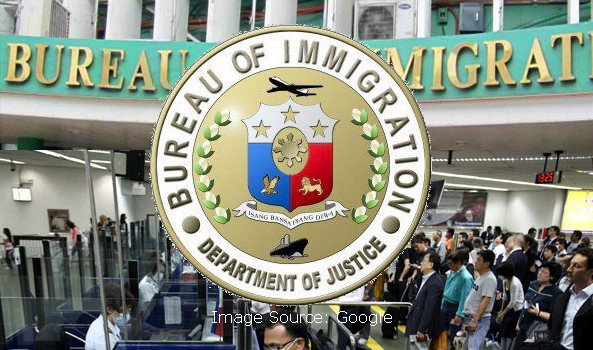
A total of 187 foreign sex offenders have been barred from entering the Philippines over the past year.
The Bureau of Immigration (BI) announced today (Wednesday, January 10) that the figure was up on the 144 registered sex offenders intercepted in 2016.
The people stopped were all convicted sex offenders who had finished serving their sentences or had been released on probation or parole.
Governments such as the USA, UK and Australia, among others, maintain sex offender registers that allow authorities to keep track of offenders after their release.
The BI’s press release said: “Registered sex offenders intercepted at the airports are immediately turned away as their names and derogatory records would immediately register a hit in the computer screens the moment their passports are swiped by immigration officers in their scanners.”
The bulk of foreign sex offenders turned away from the country were Americans, with 153 denied access, followed by 19 Australians and 10 Britons.
About 90 per cent of them attempted to enter the Ninoy Aquino International Airport, while the rest were stopped at other airports including Mactan, Cebu and Clark.
In a statement, Immigration Commissioner Jaime Morente credited cooperation extended to the BI by foreign agencies, such as Interpol and the police attachés of various foreign missions in Manila.
He said these agencies had been continuously providing the BI with the names and identities of foreign sex offenders so they could be placed in the bureau’s blacklist and turned away if they attempted to enter the Philippines.
“These aliens pose a serious and real threat to our Filipino women and children, any one of whom could be their next victim if they manage to enter our country undetected,” he said.
Australian sex offenders are now also subject to laws preventing them from leaving the country in the first place. The new travel restrictions came into force last month. Other countries are expected to follow suit if the legislation proves successful.
